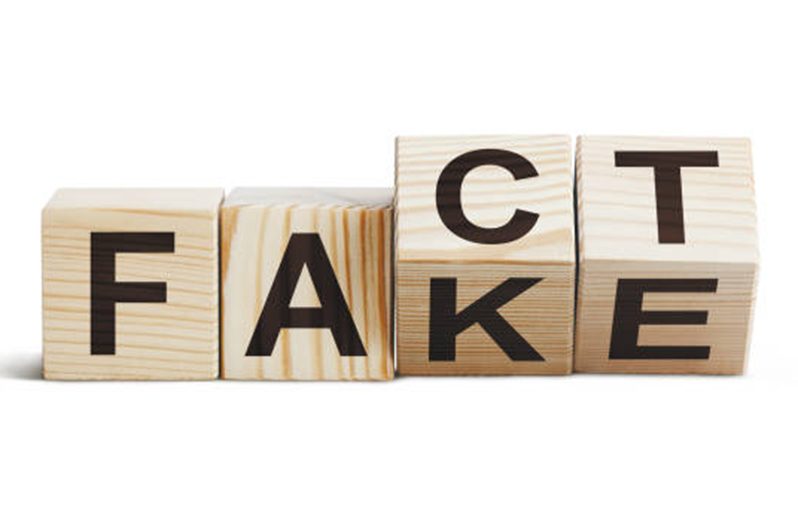By Vanessa Cort
THE internet has been blamed for many ills. Some such as the reduction in reading and face-to-face contact, an almost inevitable consequence of the time people spend on the medium. But others are more insidious and a result of the way the technology is used.
In a recent international-governmental furor, the US administration has sought to bar federal employees from using the popular Chinese app, Tik Tok, on government devices for fear that it could be used by the Chinese government “to censor content or spy on Americans.”
Facebook has been accused of laxity in monitoring conspiracy theories, misinformation and hate posts, and the US government has been vocal in claiming that Russia has used the ‘net’ to attempt to influence the last elections.
Late last year, a former Facebook employee turned whistleblower, criticised some of the company’s policies and leaked several documents, thereby sparking a federal investigation.
The American government responded critically to a CNN report on the leaked documents which indicated that the company “has had a tougher time managing vaccine misinformation than it has let on publicly.” And US President, Biden, was dissatisfied with the platform’s handling of vaccine misinformation.
In a damning censure of all social media platforms, reported by CCN, White House Press Secretary, Jen Psaki, declared: “In July, our surgeon general came to this briefing room to label misinformation a public health issue and importantly, conveyed that social media platforms are a prime channel for the trafficking of bad information, given their enormous role in our society. And since then we’ve continued to see platforms regularly amplify anti—vaccine content over accurate information.”
The criticism is even more pertinent now as in recent weeks – faced with a fast-moving respiratory illness, the flu virus and an upsurge in COVID-19 infections – US health experts have complained that vaccine misinformation has only served to exacerbate the problem by causing “vaccine hesitancy.”
Earlier this year, Instagram also came under fire for promoting body shaming and a condition known as body dysmorphia disorder (BDD) – a fixation or obsession with perceived physical flaws.
Hannah Sayer, writing for the World Institute on Disability (WID) put it this way: “Social media has been a blessing for many of us…But, like most internet mediums, social media represents a double-edged sword that has the power to ostracise and isolate as much as it can uplift and connect. For instance, Instagram has been especially linked to increased body dysmorphia, depression and other mental health disorders for users.”
A study from as far back as 2017 ranked Instagram as “the most dangerous social media platform in regards young people’s mental health.” The reason given is that Instagram, as well as other photo and video-based apps like Snapchat and Tik Tok, offers filters and lenses which “dramatically change the way someone looks.” The end result is that persons begin to take what they see on screen as the reality and their perception of life can easily become warped.
Now another issue is brewing. Last week the Good Morning America show drew attention to the increasing pressure being put on mothers to be perfect, by social media. This has caused some to allow the seemingly perfect lives of others to make them doubt themselves and has led to distress.
Chelsey Theriault, says in an article for CYBERPARENT: “As mothers I think we’ve all fallen down that rabbit hole of questioning our parental abilities because other moms on Facebook are doing better.”
She, however, asserts that most mothers face “the same chaos” that the person viewing does, pointing out that what is seen on Facebook are the highlights of someone’s life and not “realistic aspects of parenting.”
She contends that because social media encourages social comparison the more time you spend on the platforms the more you will be exposed to competition.
Her solution is to limit social media use to 30 minutes a day– a tall order for many – and supports this by adding, “Studies have shown that this restriction can positively impact you overall well-being.”




.jpg)











